 |
|
||||||
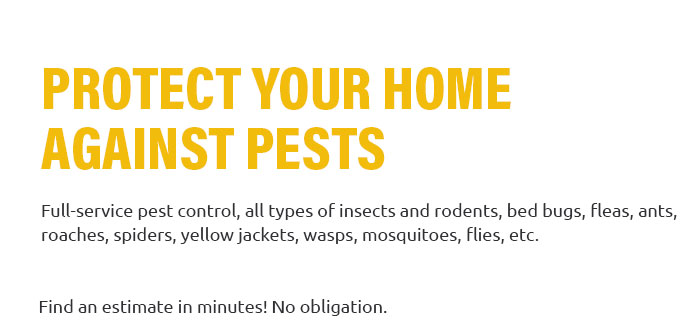 |
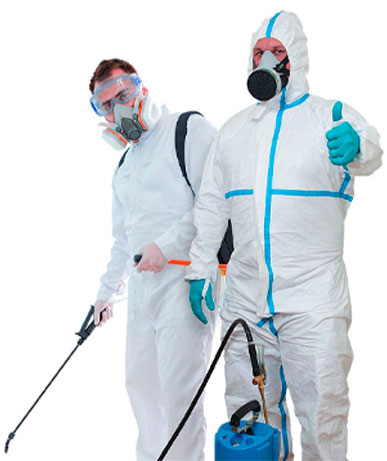 |
 |
 |
 |
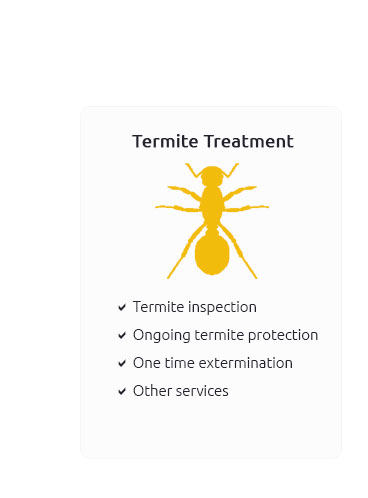 |
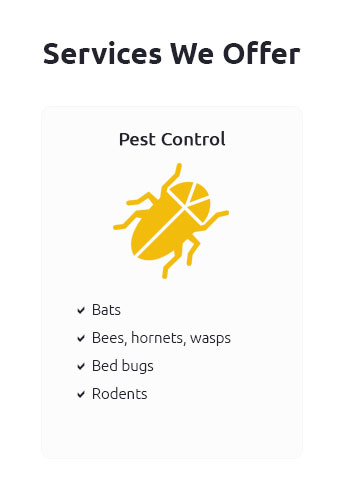 |
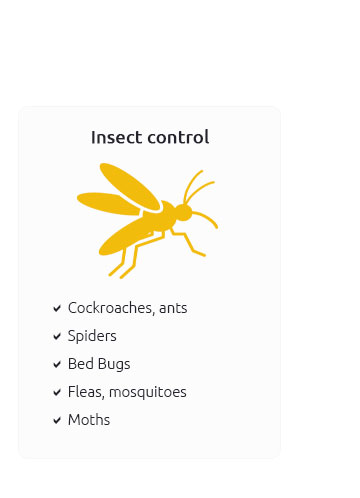 |
 |
 |
 |
 |
 |
How Do Exterminators Get Rid of Rats?Rats, those pesky intruders that seem to find their way into homes and businesses alike, pose a serious challenge for many property owners. These creatures are not only a nuisance but also carriers of diseases, making their presence in human habitats particularly unwelcome. But fear not, for professional exterminators come armed with an arsenal of strategies to rid premises of these unwelcome guests.
One might wonder, how exactly do exterminators manage this task? The process of rat extermination is a meticulous one, involving a blend of traditional techniques and modern innovations. First and foremost, an exterminator will conduct a thorough inspection of the premises. This step is crucial, as it helps in identifying entry points, nesting areas, and food sources that might be attracting the rodents. Once the inspection is complete, the exterminator devises a comprehensive plan tailored to the specific situation at hand. One popular method is trapping, which involves setting up strategically placed traps around the affected area. These traps can vary from the classic snap traps to more sophisticated electronic traps that ensure a swift and humane end for the rodent. Trapping is often favored for its effectiveness and immediate results, especially in situations where quick action is necessary. Another common approach is the use of rodenticides, or rat poisons. These chemical solutions are often used when infestations are severe, and trapping alone is insufficient. It's worth noting that while rodenticides can be highly effective, they must be used with caution, as they pose risks to non-target animals and sometimes even humans if not handled properly. Exterminators are trained to use these substances safely, ensuring minimal risk while maximizing effectiveness. In addition to these methods, exclusion techniques play a pivotal role in long-term rat control. This involves sealing potential entry points such as gaps in walls, vents, and windows. Prevention is often considered the best cure, and by blocking access to their favorite haunts, exterminators can prevent future infestations. Furthermore, sanitation is a key component of any successful extermination strategy. By advising property owners on proper waste management and cleanliness practices, exterminators help reduce the factors that attract rats in the first place. This holistic approach not only addresses the current problem but also lays the groundwork for a rat-free environment moving forward. While DIY solutions and over-the-counter products are available, enlisting the help of a professional exterminator ensures that the job is done thoroughly and efficiently. The expertise and experience these professionals bring to the table can make all the difference in not only eliminating the current infestation but also preventing future ones. Frequently Asked Questions
https://www.reddit.com/r/Seattle/comments/17ujww6/has_anyone_successfully_gotten_rid_of_rats_i/
Short answer is you need to figure out how they're getting in and out of the walls. We use Green City Pest Control and have had good success with them. https://www.lajaunies.com/blog/how-do-exterminators-get-rid-of-rats/
Exterminators utilize various strategies for effective rat control. These methods suit different environments and rat species, like the roof rats (or black ... https://vinxpestcontrol.com/how-do-exterminators-get-rid-of-rats/
This blog will dig into the strategies used by professionals to successfully eradicate rat infestations.
|



